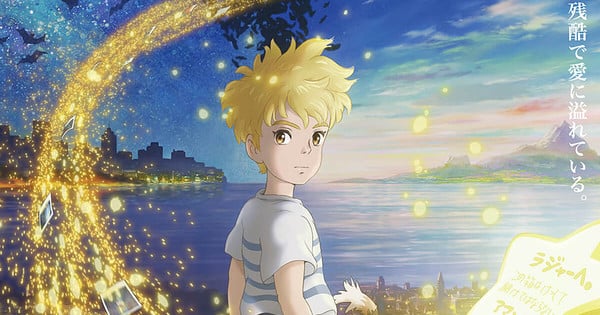As a critic, I most enjoy analyzing films—breaking down what they’re about not just on a superficial plot level but on a deeper thematic one. At first, The Imaginary seems to be about Amanda, a girl dealing with the grief of losing her father—as well as all the changes that stem from it—by creating an imaginary friend named Rudger. However, it quickly becomes clear that the film isn’t really about Amanda or what she’s going through. Instead, it’s about Rudger and his existence as an imaginary friend.
Unfortunately, Rudger’s story is a relatively straightforward one—with little in the way of deeper themes. Relentlessly pursued by Mr. Bunting, Rudger does all he can to survive. He makes new friends and goes on various adventures as he tries to reunite with Amanda once more.
But when it comes down to it, Amanda and Rudger’s separation is just an excuse to explore what it means to be an imaginary friend—and what happens when the kids who created them stop believing in them. Each imaginary friend is born with a specific purpose in mind and is forgotten about when no longer needed. However, they can still live in places full of imagination, like libraries. From there, they can even enter into children’s daydreams as character extras—sometimes reborn as a new imaginary friend if the kid becomes attached to them.
Between reality, storybook worlds, and children’s minds, this is a film overflowing with imagination—and it has the animation to match. The real-world English backgrounds are highly detailed, and the surreal moments are always as beautiful as they are strange. This film is simply a visual treat. In style, it looks very much like a Ghibli film. This is because Studio Ponoc, the studio behind this film, is made up of many former Ghibli employees—and its director, Yoshiyuki Momose, served as a key animator on classics like Porco Rosso, Spirited Away, and Tales from Earthsea.
On the aural side of things, the music is generally solid throughout. It does a great job of keeping the tension high and adding that little bit extra needed to make the more emotional scenes hit home. The ending theme song, “Nothing’s Impossible” by A Great Big World featuring Rachel Platten, is a beautiful piece of music in its own right—seriously, the use of harmony in it is fantastic.
In the end, The Imaginary is the kind of film that will keep kids entertained. It has solid stakes and tension throughout and doesn’t pull its punches. The visuals are beautiful and do a great job of capturing the imagination of children. But ultimately, there’s not much here beyond the adventure. Any attempts at bigger themes or lessons are lacking—it’s just a fun ride and nothing else. I don’t think adults will be bored by this film, but it sadly lacks any kind of impact that will keep you thinking about it once the ending credits roll.






